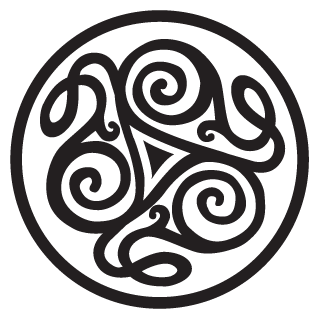
Hypnotherapy for Phobias and Fears
Can hypnotherapy help with phobias and fears?
Hypnotherapy can be an effective treatment for fears and phobias. The process works at a deep level and facilitates communication with the parts of our mind that usually operate beneath our conscious awareness. Phobias are often categorised as simple or complex. Both simple and complex phobias can respond well to hypnosis. While simple phobias can be resolved in one or two sessions, treatment for complex phobias typically takes longer.
If you would like to have a no-obligation chat about the specific phobia you are experiencing and ways that hypnotherapy could help you, book a free consultation.
How does hypnotherapy work for phobias?
During a hypnotherapy session, you will be guided into a state of hypnosis - a deeply relaxed, inner-focused state where the mind becomes open to positive suggestions. By changing unconscious patterns, hypnosis can alter automatic reactions and responses to phobia triggers. This can create the conditions for new, more helpful responses to gain traction. Hypnotherapy can also help to reduce feelings of anxiety or unease which may be linked with, or contributing to, an intense phobic response. There is evidence from neuroscience that these changes also take place at a physical level, affecting the structure and connectivity of networks in the brain.
What causes a phobia?
Although phobias are often described as irrational fear, they are perfectly rational reactions as far as our inner system is concerned. Fears and phobias often develop with the intention to protect us. Social anxiety (social phobia) may have developed as a result of difficult or traumatic experiences involving bullying or harassment. Many people with an intense spider phobia (arachnophobia) or moth and butterfly phobia (mottephobia) have been frightened by one of these creatures at a young age. Some of the more unusual phobias include the fear of string (linonophobia), fear of mirrors (eisoptrophobia), fear of holes (trypophobia) and fear of bathing (arachibutyrophobia). Often, the cause is unknown. With hypnotherapy, the work can be based on how the phobia is presenting itself and it is not necessary to know the reason for the phobia.
Is there a link between phobias and anxiety?
People who are experiencing anxious feelings, or going through a challenging time in their life, may find that their phobias and fears are heightened. Similarly, those with intense phobias can find that the effects trickle into other aspects of life. Living with a phobia can create anxiety around particular situations and fear of being exposed to a phobia trigger, creating a negative feedback loop. Many of the signs and symptoms of anxiety are recognised by people who are experiencing a phobic reaction. Highly sensitive people (HSPs) can be susceptible to phobias because they have a nervous system that is very responsive. If this applies to you, you may also wish to look at the hypnotherapy for HSPs page. If your fears are related to general anxiety, rather than being associated with a specific object, situation or trigger then you may find the information on online hypnotherapy for anxiety more relevant for you.
Are online hypnotherapy sessions for phobias as effective as face-to-face treatment?
Online therapy has become increasingly available in recent years. Research has demonstrated that it can be as effective as in-person sessions. One of the most important factors is to make sure the person you choose is appropriately registered and qualified.
Hypnotherapy using an online video platform is particularly appealing for individuals who are concerned about being exposed to the source of their fear, or whose phobia is heightened or triggered by being in a particular environment. People who suffer intense fears of crowded places or leaving home (agoraphobia) are often relieved that they can seek treatment from an online hypnotherapist in the comfort of their own space.
